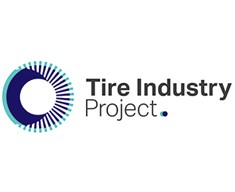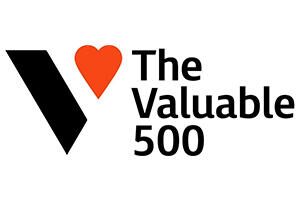Formed in 2005, TIP has served as a collaborative, CEO-led initiative for the tire industry to approach sustainability through a science-driven agenda. Every year the CEOs of member companies meet to review progress and set a forward-looking agenda for new and continuing work on a two-year cycle. Historically focused on research, in 2022, the CEOs of TIP member companies approved a broadening of the organization’s mission to incorporate sustainability issues relevant to the industry across the Environmental, Social and Governance (ESG) spectrum, consistent with TIP’s Tire Sector SDG Roadmap. This renewed mission is accompanied by organizational changes, whereby TIP expands its activities beyond research to include action, engagement, and communication.
Since its foundation in 2005, the Group has played a central role in TIP’s evolution. The Group has been a leader within TIP as a Co-Chair company and was instrumental in driving the evolution towards a broader and more action-oriented focus. Experts from the Group contribute valuable input and energy across all working groups and taskforces, including a new taskforce to research and promote mitigation actions in response to Tire and Road Wear Particles (TRWP). Whether the issue is TRWP, End of Life Tires (ELT), or Key ESG Performance Indicators, a TIP agenda built on research, action and engagement, and communication will help lead to faster solutions and foster co-creation within the industry and society.
One of the high priority topics of TIP is to accelerate the study for TRWP, which has recently received increasing interest from stakeholders. TIP’s current TRWP knowledge and the state-of-play of tire industry efforts to mitigate TRWP are summarized in “Tire Industry Project Commitment to Addressing Tire and Road Wear Particles”. TIP is studying the effect of TRWP to rivers and oceans as well by expanding the study scope.
The examples of TIP achievement are;
1. TIP’s research on the environmental and ecological impacts of TRWP
-
Two-part study focused on the Seine watershed (France) concluded that most TRWP is deposited on roadside soil, whilst around 18% of TRWP can be removed from the road surface as runoff and reach surface waters. It is expected that more than 60% of the TRWP which reaches surface waters is transported to wastewater treatment. The study suggests that 2-5% of TRWP is expected to travel as far as the estuary.
“Understanding TRWP in the environment”
-
TIP study suggesting TRWP makes minor contributions to airborne Particulate Matter (PM), comprising an average of less than 1 percent of particles in the PM10 and PM2.5 fractions sampled. TIP-sponsored risk assessment on the effects of exposure of mammalian species to TRWP have indicated there is unlikely to be a risk to human health from exposure to TRWP in the air.
“Understanding TRWP in the air”
-
TIP study regarding the acute and chronic toxicity of TRWP to freshwater – and freshwater-sediment-dwelling organisms using TRWP in sediment at concentrations up to 10,000mg of TRWP per kg of sediment under conditions representative of receiving water bodies indicate that under typical exposure conditions TRWP in sediments pose a low risk of toxicity to aquatic organisms.
“Environmental risk assessment”
-
TIP-sponsored risk assessment considered the potential for exposure to airborne TRWP and the potential hazard associated with TRWP in the PM10 and PM2.5 size ranges concluded that there is unlikely to be a risk to humans from exposure to TRWP in the air.
“Human health risk assessment”
2. Study of End-of-Life Tire (ELT) management systems
TIP has been contributing to enhance ELT management in regions all over the
world by issuing study reports:




